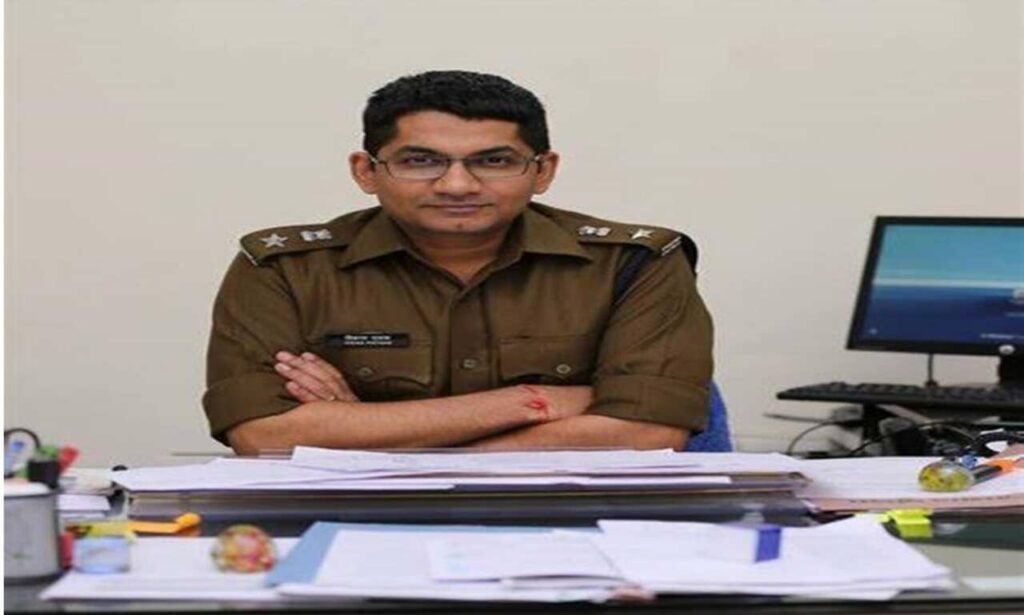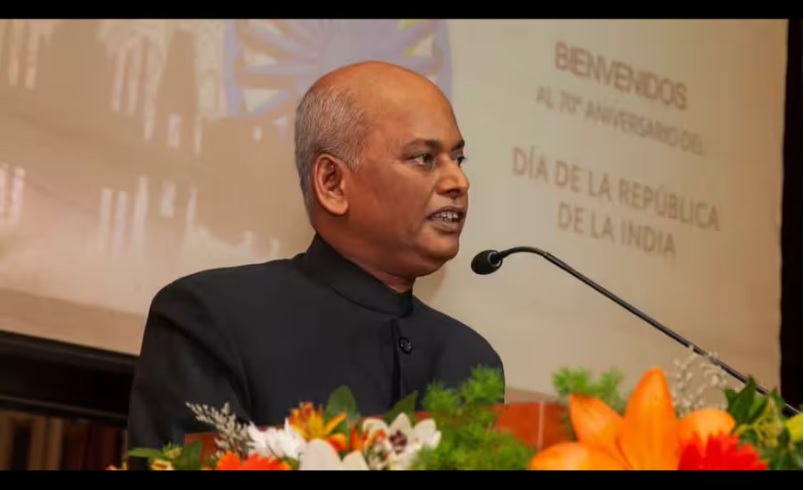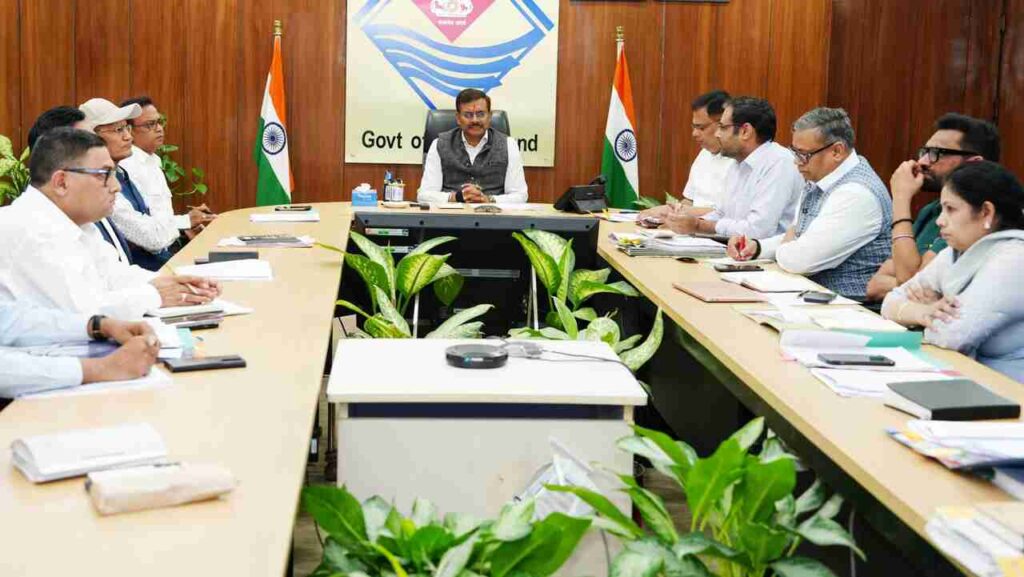The Supreme Court on Friday quashed summons and subsequent proceedings against retired IPS officer Ms. Bharti Arora, related to a 2005 narcotics case in Haryana. The case involved an inquiry ordered by Ms. Arora, then SP of Kurukshetra, which found a man arrested under the Narcotic Drugs and Psychotropic Substances (NDPS) Act to be innocent. The court ruled that Ms. Arora was wrongfully implicated under Section 58 of the NDPS Act, citing gross procedural violations and a lack of evidence against her.
Background of the Case
In January 2005, Haryana police allegedly seized 8.7 kilograms of opium from a suspect, Ran Singh. Following Singh’s claim of innocence, Officer Arora ordered an inquiry, which concluded that the opium had been planted by three drug peddlers. The findings led the police to seek Singh’s discharge, but the special judge dismissed the report, convicted Singh, and issued notices against Ms. Arora and others for alleged misconduct under Section 58 of the NDPS Act.
Section 58 penalizes malicious or vexatious misuse of authority under the act. The special judge accused Ms. Arora of fabricating evidence and summoned her to court multiple times. Despite her involvement in the Samjhauta Express bombing investigation, her requests for exemption from personal appearances were denied, and a bailable warrant was issued against her.
Supreme Court’s Observations
A three-judge bench led by Justice B.R. Gavai identified significant procedural violations in the handling of the case. The court noted that the special judge recorded adverse findings against Ms. Arora without issuing notice or granting her the opportunity to be heard, violating principles of natural justice.
The court also emphasized jurisdictional errors, pointing out that offences under Section 58, carrying a maximum penalty of two years, must be tried summarily by a magistrate, not a special judge. Additionally, the bench criticized the special judge’s conduct, including issuing orders after being transferred and sealing the findings, which it described as evidence of a “predetermined mind.”
The Supreme Court further observed that the evidence presented failed to demonstrate malice or mala fide intent on Arora’s part. Her actions were deemed consistent with her duties and protected under the good-faith provisions of Section 69 of the NDPS Act.
Judgment and Implications
Justice Gavai, delivering the judgment, stated: “The findings against the appellant are beset with legal infirmities. The principles of natural justice have been grossly violated, and the proceedings reflect a complete disregard for procedural propriety.” The court reiterated that procedural safeguards are fundamental to ensuring a fair trial and emphasized that public servants acting in good faith should be presumed innocent unless compelling evidence suggests otherwise.
The judgment vindicates Ms. Arora, a 1998-batch IPS officer and recipient of the President’s Police Medal, who retired voluntarily in 2021. She expressed relief, stating that she had suffered greatly for performing her duties honestly but was grateful that truth had prevailed.
This case underscores the importance of procedural propriety and judicial fairness, particularly when dealing with allegations against public servants acting in their official capacities.








